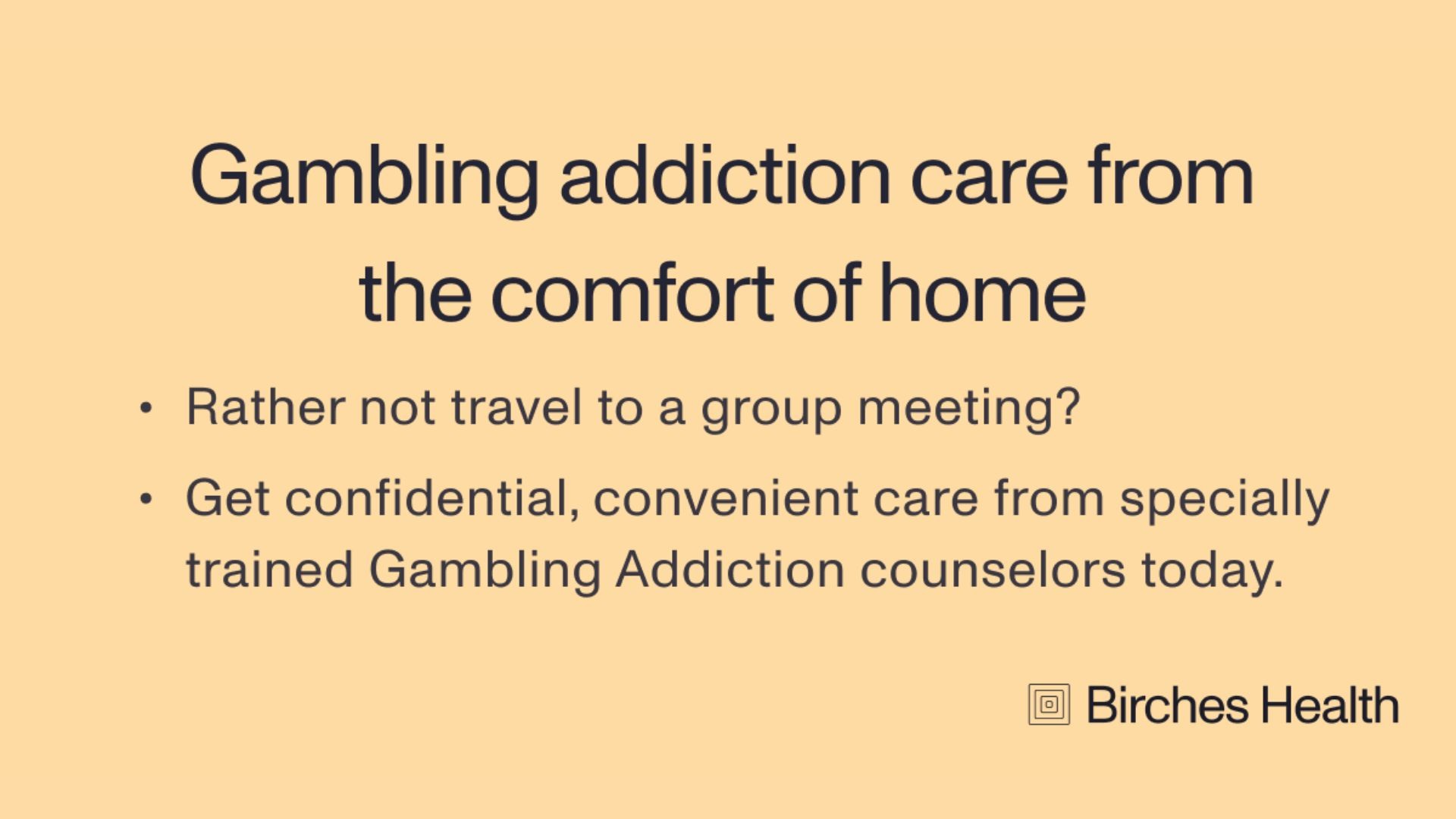Pro Bettor suggests how to rein in Gambling Addiction
Published:
May 30, 2025
,
12:18 p.m.
ET

Key Points:
Professional bettor and “American Institute for Boys and Men” gambling research fellow Isaac Rose-Berman taps into his unique perspective, detailing how gambling has become frictionless, hyper-personalized and dangerously addictive.
Problem gamblers, often young men, generate the vast majority of gambling profits for gaming operators.
Rose-Berman argues that gambling addiction must be addressed with smarter regulation instead of prohibition.
His policy recommendations target predatory products, exploitative marketing and insufficient oversight.
————
As a professional sports bettor and avid poker player, Isaac Rose-Berman knows the numbers. Not just the ones behind betting lines and probabilities, but the darker math of gambling addiction: how just 0.5% of users (VIP’s) can generate 70% of profits for major sportsbooks, how the poorest neighborhoods bear the brunt of societal impacts and how digital platforms have transformed an old vice into a 24/7 behavioral trap.
With the rise of legal online gambling across 38 states (soon to be 39 with Missouri), including mobile casinos in seven of them, Rose-Berman has emerged as a unique and necessary voice of reform. While he supports regulation over prohibition, he’s still calling out a system designed to form addicted players and lays out a blueprint to fix it.
As he writes in a recent New York Post op-ed, “gambling is not like attending a concert or going to the movies. It is, like drugs or alcohol, an addictive product that many can enjoy safely, but some cannot.”
Some companies in the modern gambling industry harness advanced algorithms and personal data to prey on vulnerable users and maximize their losses.
“Online slots,” he argues, “are engineered to ensnare users,” pointing to Pennsylvania’s March 2025 betting figures: $27 million lost on sports, versus a staggering $238 million on online casinos, and 75% of that comes from slots alone.
Top regulated platforms lean on a small subset of high-frequency bettors to drive revenue, Rose-Berman writes. In the UK, historical data showed that 5% of gamblers accounted for 86% of industry profits.
The addiction crisis is particularly acute among young men, a focus of Rose-Berman’s work as a fellow at the American Institute for Boys and Men (AIBM). Surveys show that up to 1 in 5 male college students report gambling with student loan money. Many bettors lose control quickly, chasing losses, cancelling withdrawals and/or depositing money a dozen times in one day.
Despite its risks, gambling is marketed as an entertainment product. Ads are ubiquitous, seductive and often targeted during sports events watched by young men. There's minimal disclosure that “the house” always wins long term, nor that the products themselves are optimized for player losses.

Rose-Berman’s recommendations for curbing Gambling Addiction in the U.S.
1. Ban or severely restrict the most dangerous products
Online slot machines should be banned or highly regulated, due to exceptionally high addiction risk.
2. Enforce real-time harm detection and intervention
Operators should be required to monitor for behavioral red flags, such as repeated deposits, escalating bets, cancelled withdrawals.
Betting restrictions should be triggered automatically for high-risk behaviors and operators should be held responsible, just as bars can be held liable for over-serving intoxicated patrons.
3. Regulate advertising and marketing
Gambling ads should carry mandatory warnings, akin to cigarette packaging.
Sports broadcasts should not be saturated with betting promotions.
Personalized inducements, like free bets, should be strictly limited or banned.
4. National oversight
Though gambling is currently regulated at the state level, Rose-Berman argues federal intervention, like that used for alcohol and tobacco, is now warranted.
Gambling, he reminds us, is no longer confined to casinos or racetracks. It’s mobile, constant and built to exploit human psychology. “Americans should be free to gamble,” he says, “but not with loaded dice.”
Increasing access to Gambling Addiction treatment across America
While calls for better regulation grow louder, there’s another piece of the puzzle: access to support for those struggling.
Unfortunately, as we’ve explored previously, gambling products are far easier to access than gambling-specialized treatment, especially in rural and underserved areas.
But a modern solution is emerging: virtual counseling. Birches Health offers specialized online therapy for gambling addiction and related behavioral disorders. The mission: remove the top three barriers to effective care.
1. Supply of Specialized Counselors
Birches has built a national network of licensed therapists trained in evidence-based methods for treating gambling disorder.
2. Cost
Birches partners with all major insurance companies and select state organizations that help cover care costs. For many Birches clients, sessions cost just a small copay or are no-cost.
3. Scheduling and Logistics
Birches Health’s treatment programs are fully virtual. Clients can access care from anywhere with an internet connection, without needing to travel to an appointment or meeting, take time off work or sit in a waiting room.
If you or someone you love is struggling with gambling, there is now specialized help available, and you can access it today.
Here’s how to get started confidentially with Birches:
Call 833-483-3838
Email help@bircheshealth.com




